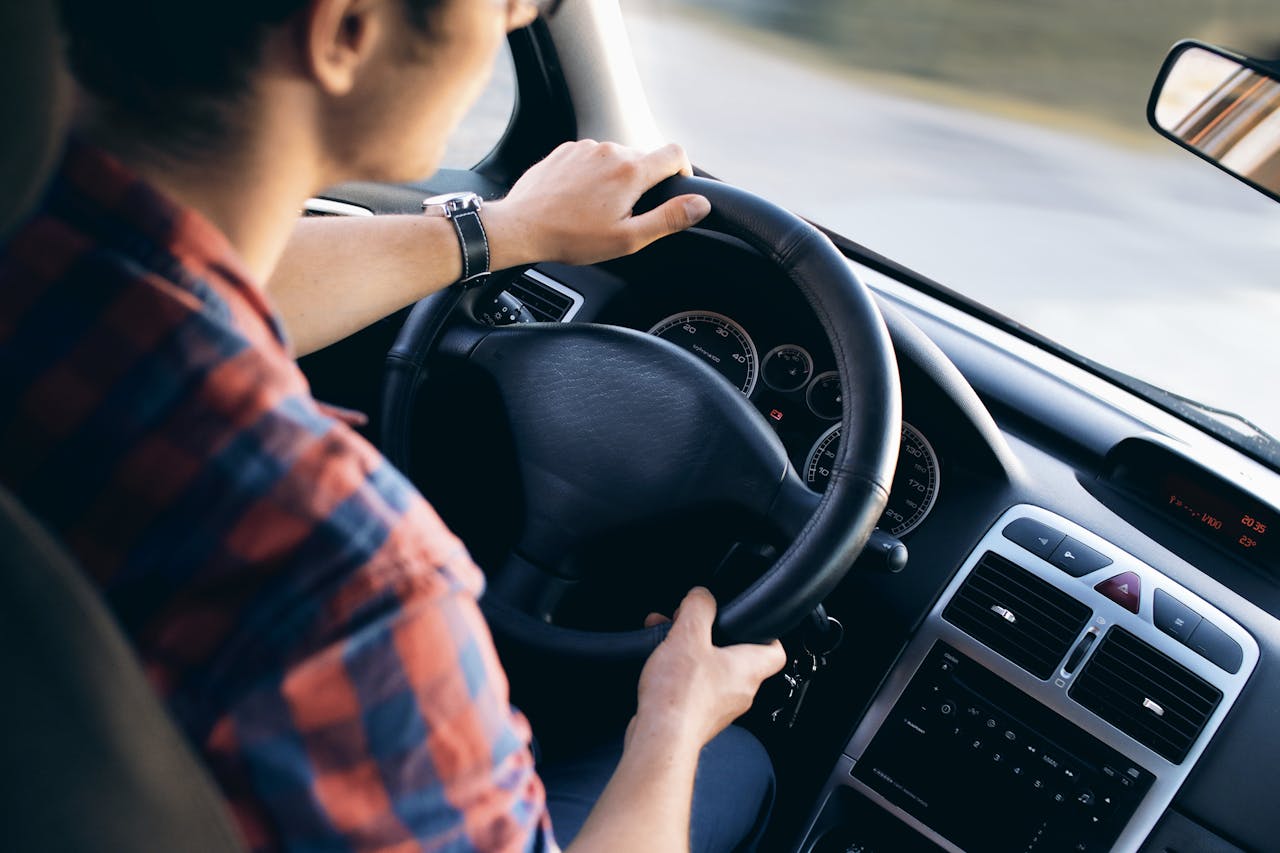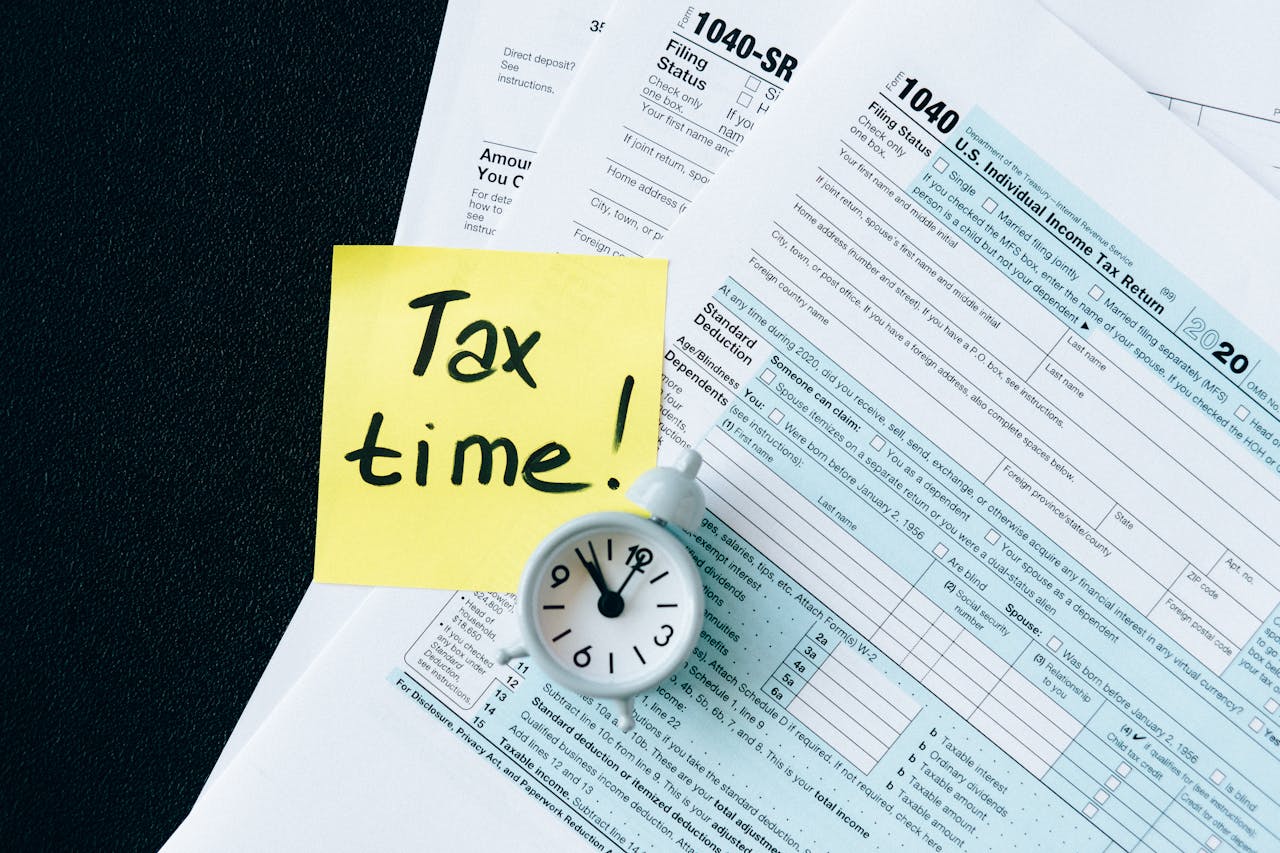Filing early this year? Smart move! Before your refund arrives, figure out how to access and manage those funds quickly and conveniently.
As tax season approaches, those refunds can’t come soon enough for many Chicagoland residents. If you’re expecting money back from the government, prepare what you’ll do before you receive your refund—not just to get it faster, but to stay on budget and be more mindful of where it goes. Whether your refund will end up in your wallet, on your prepaid debit card, or somewhere else, Cash2Go can help out.
Related reading: As you get ready for tax season, learn from our previous filing tips for taxpayers.
Cash2Go Gives You Financial Options During Tax Season
The first thing to know is that Cash2Go Financial locations offer several everyday financial services that can help tax filers unload, convert, and move their money on the spot—no need for a bank account. All of our locations offer a range of services that are especially useful when refunds start arriving. You can :
- Check cashing: Tax refund checks—both federal and state—can be cashed in person with valid identification.
- Prepaid debit card services: Load your refund onto your prepaid card, or pick up a new one and we’ll help you get started.
- Money orders: If you need help covering rent, utilities, or other bills using part or all of your refund, money orders are available on site.
- Money transfers: Sending some of that money to family or friends, domestically or internationally, can be done ASAP.
- Currency exchange: For those planning travel or holding foreign currency, Cash2Go can convert money quickly.
- Coin services: Do you run a small business with a cash register? Pick up your coins here.
These services allow tax filers to handle multiple financial tasks in one visit rather than making separate trips to different providers.
Fast Access to Cash Refunds at Illinois Currency Exchange
One of the main advantages of using a Cash2Go Financial is getting easy access to your own money. Many locations offer extended hours, including evenings and weekends, making it easier to manage and spend funds outside the usual banking hours.
No Need to Deposit Your Check First
Another benefit is flexibility. Not all tax filers want—or are able—to deposit refunds into a bank account. Cash2Go currency exchanges provide alternatives that allow people to access funds, pay bills, or send money without long wait times or additional account requirements.
Getting Your Cash Is Fast & Simple
Speed and convenience matter during tax season. Whether you’re covering an urgent upcoming expenses, setting aside money for your next trip, or paying back money you owe, Cash2Go’s in-person services allow you to convert your refund into funds—in a variety of forms. Simply decide whether you want dollars in your pocket, cash on your debit card, or money sent to someone in another country.
Making Sure Your Money Is Safe from Theft
Having face-to-face assistance comes in handy, too. Some options can be a little confusing if you’re handling it all on your own. There are also risks to avoid, like financial fraud and unsecured apps. We’ll manage all the steps so your cash stays safe and secure, and even provide a digital trail if you need proof of the transaction later on.
What to Know Before You Come In
Before swinging by one of our Cash2Go Financial storefronts, consider the type of transaction you want to make. Maybe you got lucky this year and plan to use it in a few different ways. Depending on your plans, having the right documents and information will make the process faster and smoother.
Quick tax season tips to keep in mind:
- Bring a valid photo ID (driver’s license, state ID, or passport), just in case.
- Double-check the information on your refund check for your files at home.
- If you’re doing a money transfer, know the recipient’s full name and location.
- If you’re using a prepaid card, bring the card and any necessary PIN or info.
- To exchange currency, know the currency type and amount you want to convert.
Related reading: Expecting a big refund? Discover financially smart ways to spend it this year.
Cash Your Tax Refund Check at Chicagoland’s Cash2Go Financial
As refunds begin to roll in, having reliable local options for managing your money can make tax season a little easier to navigate. Ready to get your tax refund money? Stop by your nearest Cash2Go Financial location with your refund check or card and a valid ID for fast, in-person service.
Call 847-269-2274 for hours and answers to any questions!










